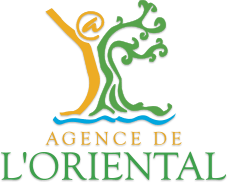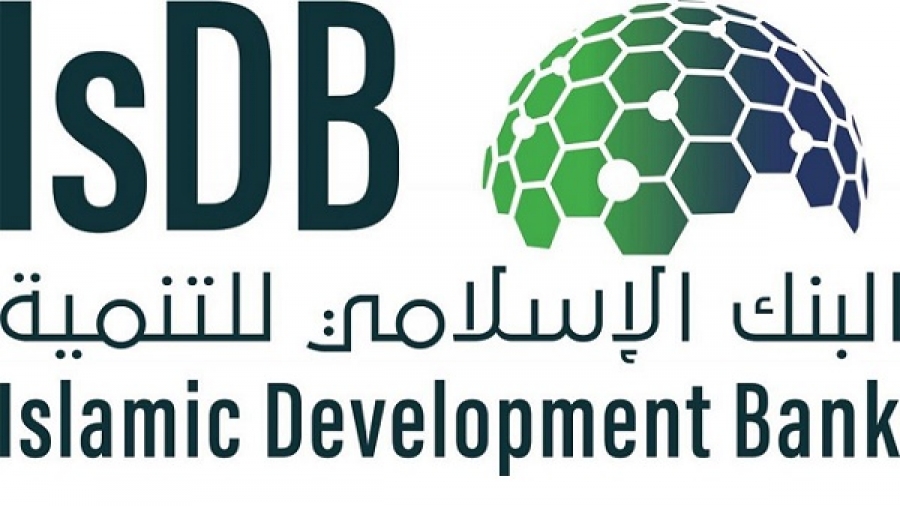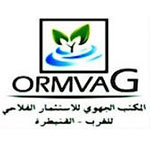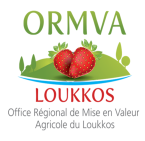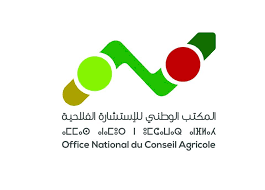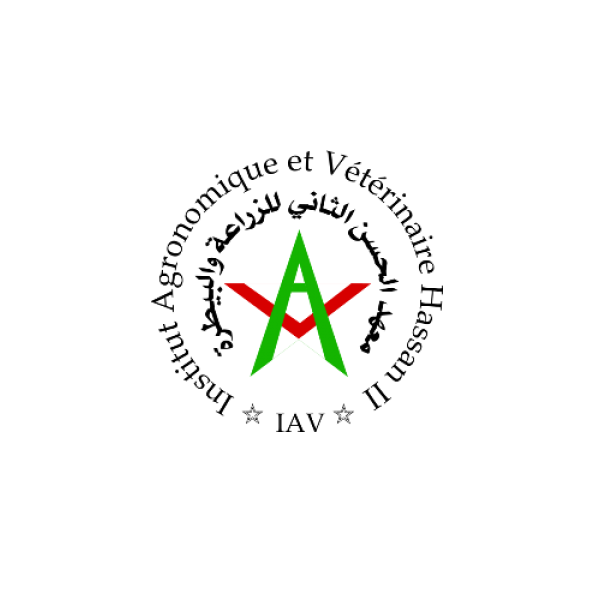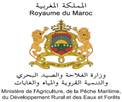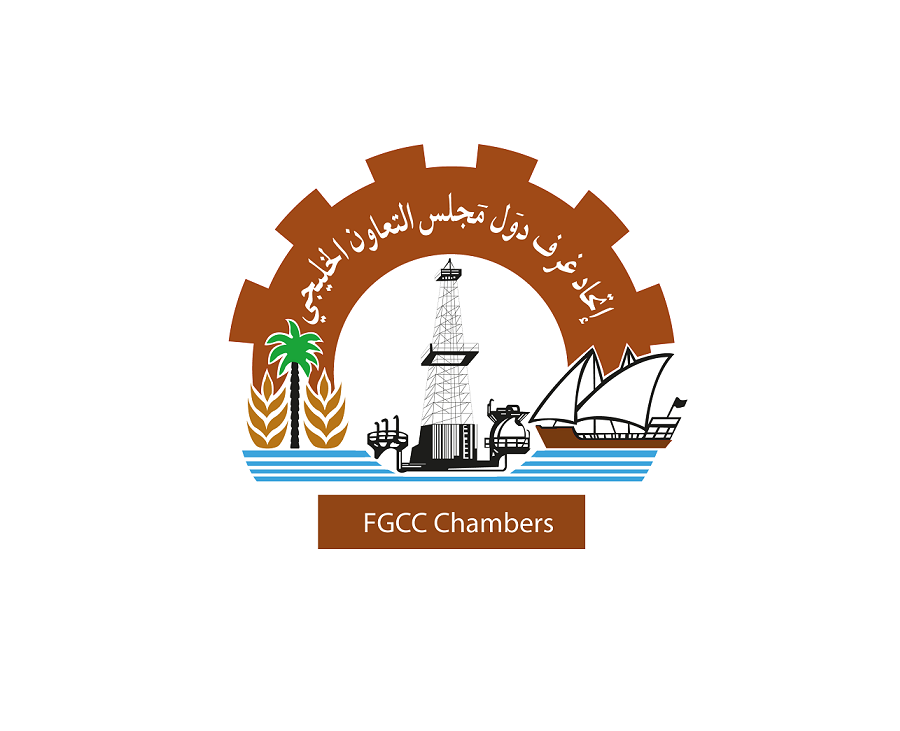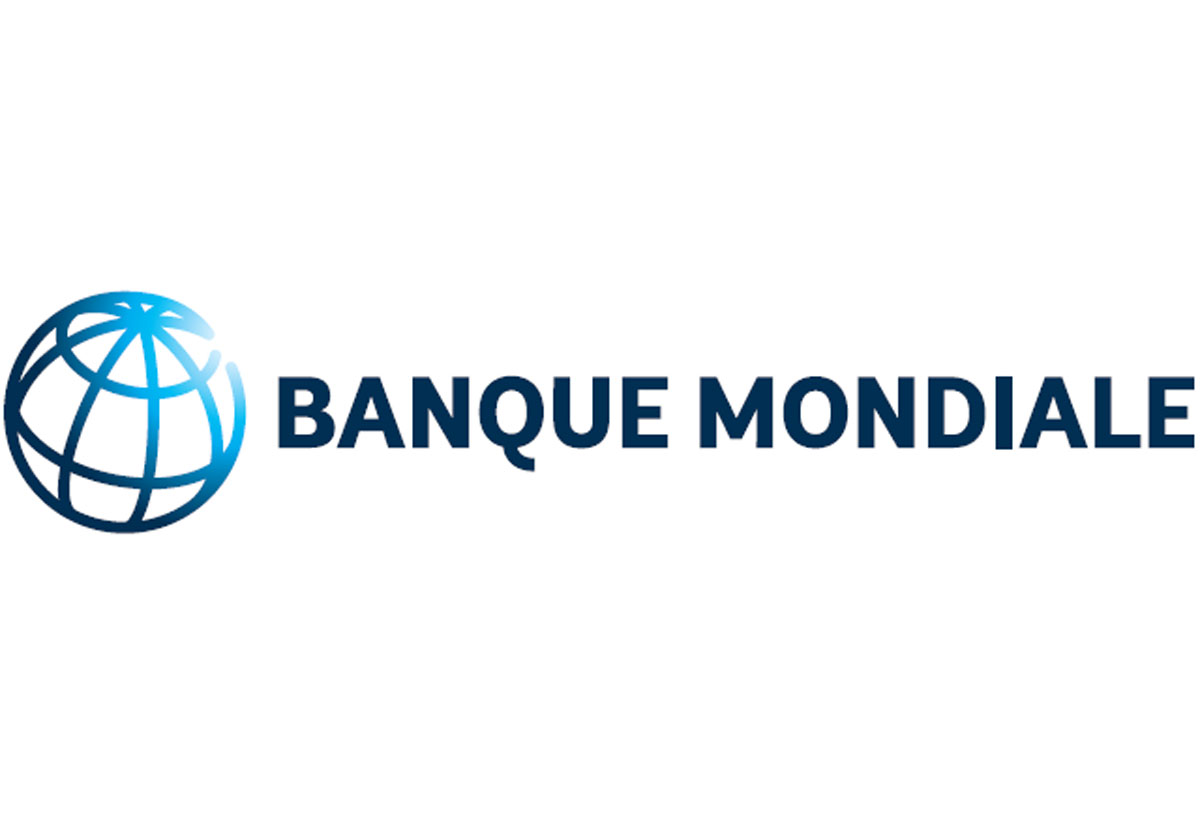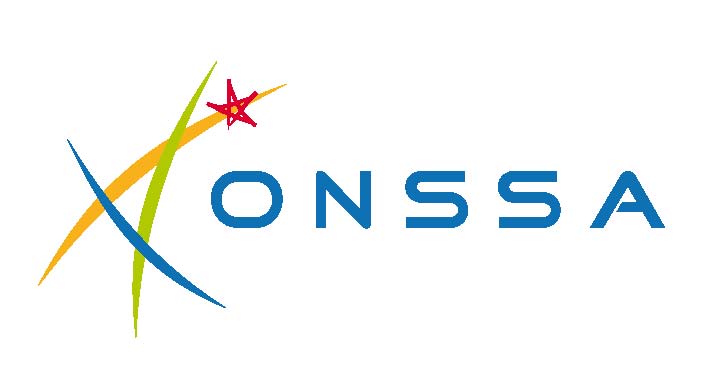Social farming receives special attention in the Green Morocco Plan through the implementation of Pillar II projects. Pillar II projects are technically feasible, economically viable and socially appropriate projects with close support for farmers in fragile areas (mountains, oases, plains and semi-arid plateaus).
The approach adopted is based on a direct intervention of the State in a framework of partnership with the beneficiaries and articulated on an effective mode of governance based on a manual of procedures and a manual of prioritization.
This approach has allowed a rebalancing of production systems between large and small farms with a view to increasing and stabilizing the incomes of small producers.
In 2020, 989 projects have been launched (89% of the 2020 target) for the benefit of 730 000 beneficiaries (94% of the 2020 target). The budget allocated to date by the State for these projects has reached 14,5 billion dirhams.
The main achievements consisted of the following:
• Planting 438 455 ha (olive, almond, cactus, fig tree ...);
• The installation of 450 processing units (trituration, crushing, drying ...);
• The hydro-agricultural development of 83 960 ha;
• Pastoral development of 39 185 ha;
• Distribution of 29 633 head of animals and 96 002 hives;
• Creation of 903 water points for livestock watering;
• The development of 545 km of rural tracks.
The Pillar II projects contributed to the creation of 66,8 million day of work (JT), of which 31,9 MJT during the investment phase and 34,9 MJT during the exploitation phase. Cumulative turnover during 2010-2018 from plant and animal production and processing units is of the order of 12,6 billion DH and the plantations carried out under pillar II, despite their young ages, would have contributed carbon sequestration in the order of 1,9 million tons of eq CO2.







